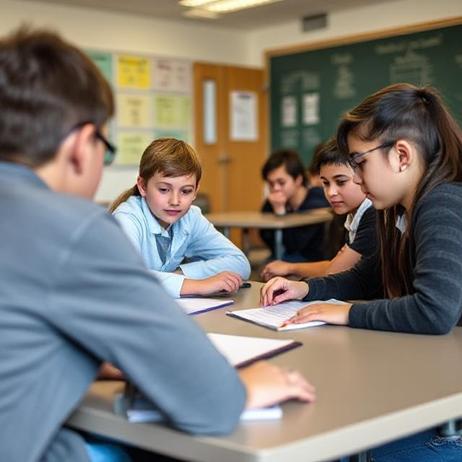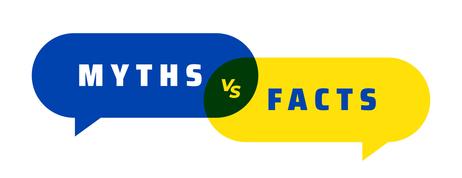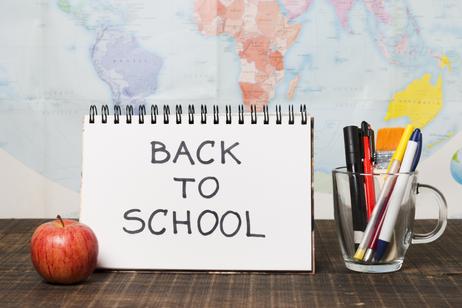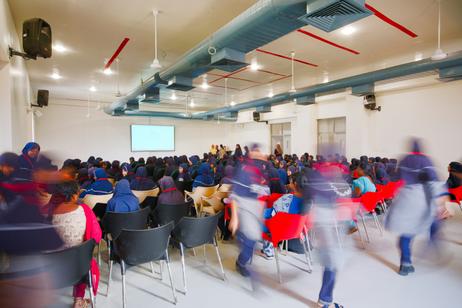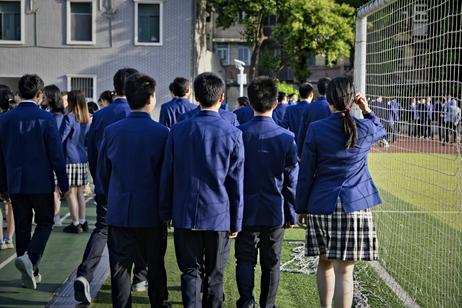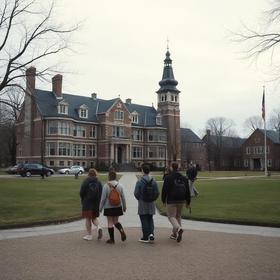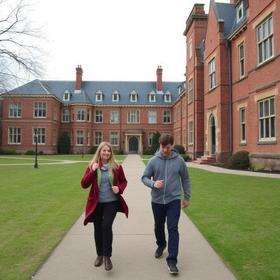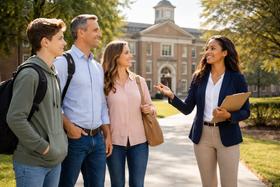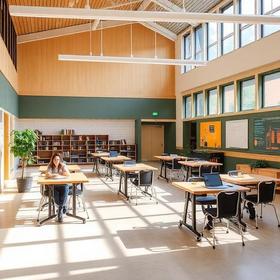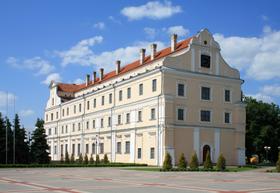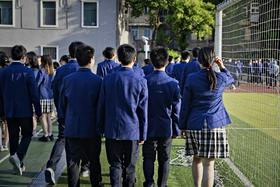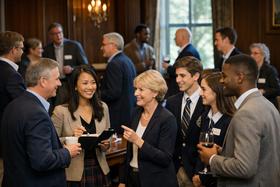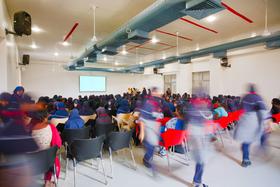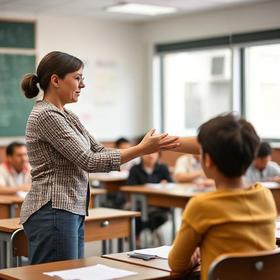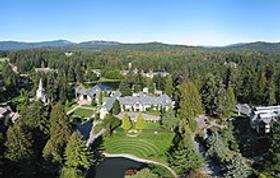How Boarding Schools Support Students with Learning Differences
As of 2025, the landscape of education for students with learning differences is evolving rapidly. Boarding schools that specialise in supporting learners with conditions such as dyslexia, attention-deficit/hyperactivity disorder (ADHD), executive-functioning issues, and other neurodiverse profiles are expanding their offerings and refining their approach. For families exploring this option, understanding how these boarding schools support students with learning differences can be crucial to making an informed decision.
In this article, we’ll explore how boarding schools address learning differences, highlight key support strategies, examine what parents and students should look for, share recent updates and examples, and provide a comparison of support models. The target keyword “boarding schools support students with learning differences” will be used naturally throughout.
The Case for Boarding Schools Supporting Students with Learning Differences
Boarding schools support students with learning differences by offering an environment designed for sustained, immersive support. In traditional settings, learners with dyslexia, ADHD, or executive-function difficulties may struggle with inconsistent support, large class sizes, or limited access to specialist staff. By contrast, boarding schools geared toward learning differences provide:
A total campus environment where academic, residential, social and emotional support are integrated.
Small class sizes, often 6:1, 4:1, or even smaller, which enable personalised instruction and monitoring. For example, The Gow School in New York reports a 4:1 student-to-faculty ratio in its learning differences programme.

